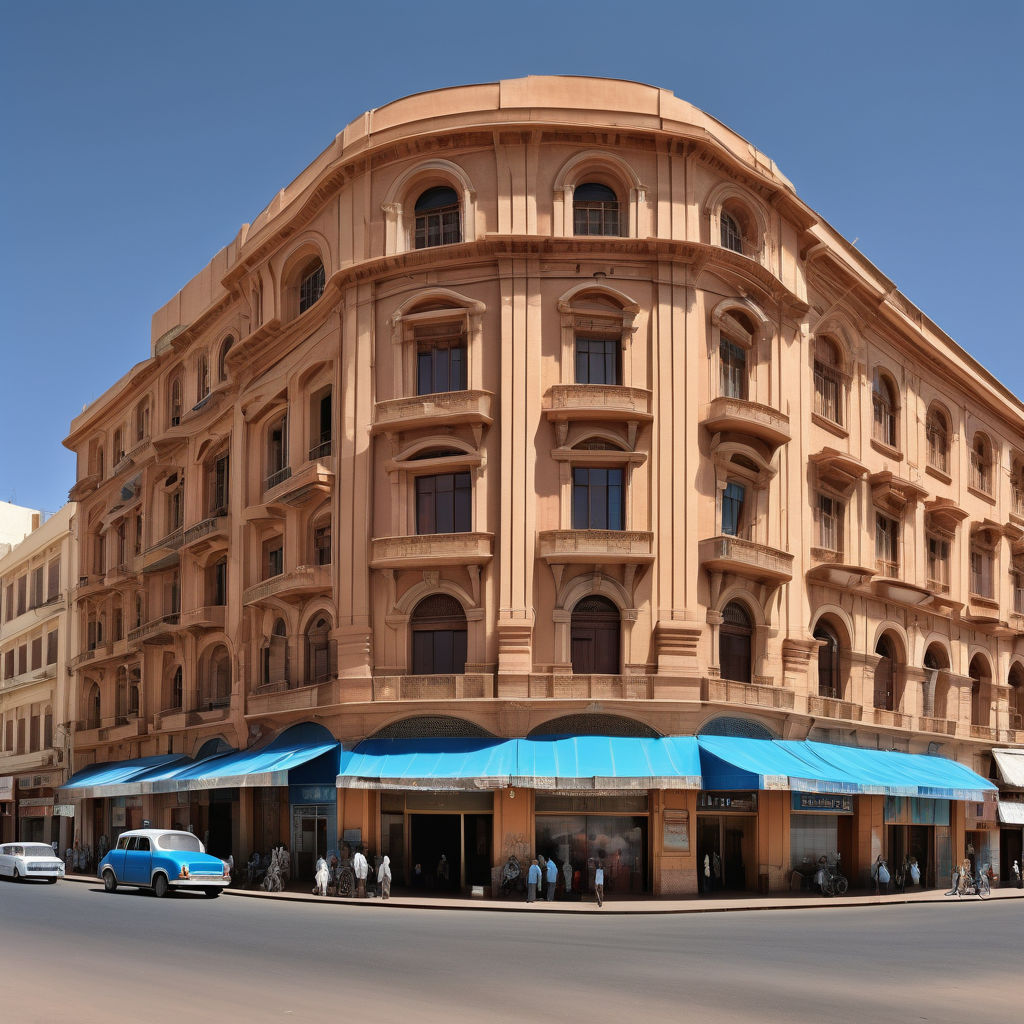Introduction to Eritrea: A Nation of Rich Heritage and Diverse Landscapes
Exploring Eritrea's Cultural Heritage and Cross-cultural Dynamics

Introduction to Eritrea
Eritrea, located in the Horn of Africa, is a nation known for its rich cultural heritage and diverse landscapes. It is bordered by Sudan to the west, Ethiopia to the south, and Djibouti to the southeast, with its eastern coastline lying along the Red Sea. The capital city, Asmara, is renowned for its well-preserved colonial Italian architecture, while other major cities include Massawa, Keren, and Assab. Eritrea's history is marked by a blend of indigenous cultures, colonial influences, and a long struggle for independence, which it achieved in 1993.
Cross-national and Cross-cultural Understanding
Eritreans generally perceive and engage with other cultures through a lens of mutual respect and curiosity. The country has a history of interaction with various cultures due to its strategic location along ancient trade routes. This historical context has fostered an environment of cultural exchange and adaptability. Significant cultural exchanges are evident in Eritrea's educational programs and international partnerships. The country collaborates with various international organizations and educational institutions to promote cross-cultural understanding. For instance, the Eritrean Institute of Technology hosts students and scholars from different countries, encouraging academic and cultural exchanges. Additionally, Eritrea participates in international cultural festivals and events, showcasing its heritage and engaging with global cultures. The government and non-governmental organizations in Eritrea also facilitate cross-cultural programs. These include language learning initiatives, cultural exchange programs for students, and international volunteer opportunities, all aimed at fostering a deeper understanding and appreciation of different cultures.
Interactions and Social Dynamics
Typical interactions between Eritreans and foreigners are characterized by hospitality, warmth, and politeness. Social behaviors in Eritrea emphasize respect for others, especially elders, and a strong sense of community. When interacting with foreigners, Eritreans often go out of their way to make them feel welcome, reflecting the cultural value placed on hospitality. Communication styles in Eritrea can vary, but there is a general emphasis on indirect communication, particularly in formal settings. This means that Eritreans may use polite and respectful language, often avoiding direct confrontation or criticism. Understanding these nuances can help foreigners navigate social interactions more effectively. Multilingualism plays a crucial role in facilitating interactions between Eritreans and foreigners. The country is home to several languages, with Tigrinya, Arabic, and English being the most widely spoken. English, in particular, is commonly used in business and education, making it easier for foreigners to communicate and integrate into Eritrean society.
Views on Dating and Relationships
Attitudes towards dating and relationships with foreigners in Eritrea are influenced by traditional values and societal expectations. While younger generations may be more open to forming relationships with foreigners, there are still cultural norms and traditions that play a significant role in shaping these interactions. Dating in Eritrea is typically viewed as a serious commitment, often with the intention of leading to marriage. Family involvement is common, and it is not unusual for parents to have a say in their children's choice of partners. This can be a challenge for cross-cultural relationships, where differing cultural expectations may need to be navigated. Despite these traditional views, there is a growing acceptance of cross-cultural relationships, especially in urban areas like Asmara, where exposure to different cultures is more common. Social media and increased travel have also contributed to a more open-minded approach among the youth.
Marriage and Family
Marrying foreigners in Eritrea is generally accepted, but it involves certain legal, social, and familial considerations. Legally, mixed marriages are recognized, and the process involves obtaining the necessary documentation and approvals, similar to other countries. Socially, acceptance can vary depending on the families involved and their openness to other cultures. Family plays a central role in Eritrean society, and this extends to marriage. Marriages are often seen as unions between families rather than just individuals. As a result, family approval is crucial, and efforts are usually made to ensure that cultural and traditional values are respected. Common practices in cross-cultural marriages may include blending traditions from both cultures. For example, wedding ceremonies might incorporate elements from Eritrean traditions, such as the "Melse" (a traditional Eritrean wedding feast), alongside customs from the foreign spouse's culture. These practices highlight the potential for cultural enrichment and mutual respect in cross-cultural marriages.